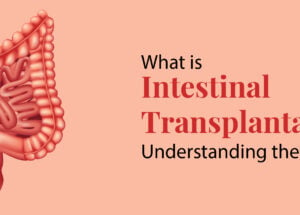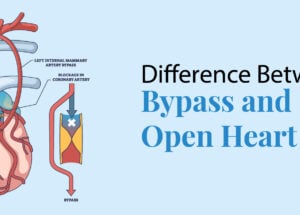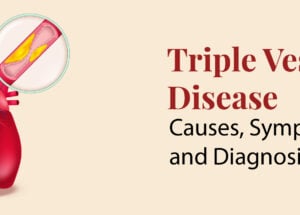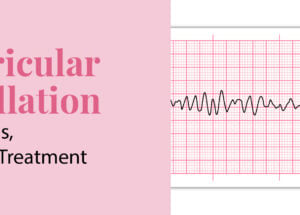Intestinal Failure: Causes, Symptoms, and Treatment Options
May 2, 2025
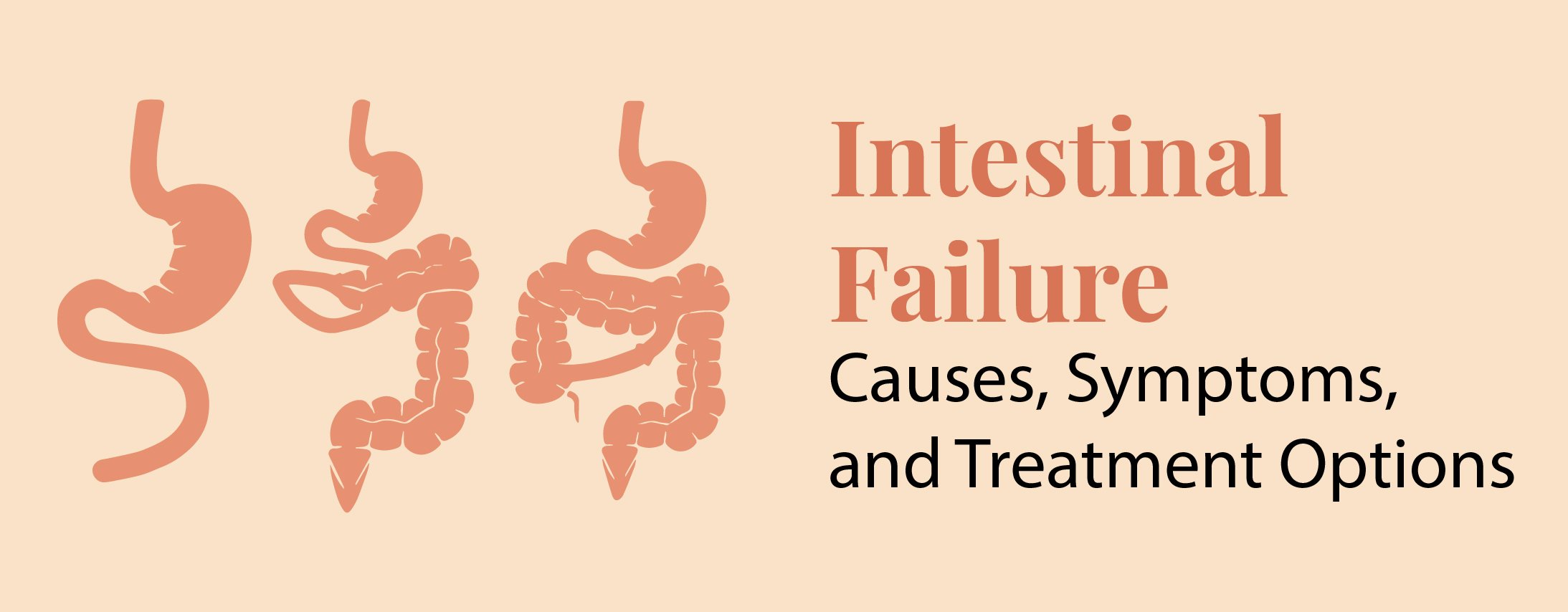
What is Intestinal Failure?
Intestinal failure occurs when the intestines are unable to absorb sufficient water, nutrients, and electrolytes to meet the body’s requirements. This could lead to malnutrition, dehydration, and other health concerns. People suffering from intestinal failure typically require specialist medical attention to ensure proper nutrient intake.
Causes of Intestinal Failure
Several conditions and factors can lead to intestinal failure, including:
1. Short Bowel Syndrome (SBS)
This occurs when a large portion of the small intestine is removed due to surgery. Without enough intestine, the body struggles to absorb food properly, leading to nutrient deficiencies and dehydration.
2. Chronic Intestinal Diseases
Conditions such as Crohn’s disease, celiac disease, and severe irritable bowel syndrome (IBS) can damage the lining of the intestine, making it difficult to absorb nutrients.
3. Congenital Conditions
Some babies are born with missing or malfunctioning intestines, making it hard for them to absorb nutrients from birth.
4. Radiation Damage
People who undergo radiation therapy for cancer in the abdominal area may experience damage to their intestines, reducing their ability to absorb nutrients.
5. Infections and Inflammation
Severe infections, inflammation, or complications from surgery can harm the intestine’s ability to function properly.
Symptoms of Intestinal Failure
The symptoms of intestinal failure vary depending on the severity of the condition. However, common signs include:
- Chronic Diarrhea – Frequent loose stools due to poor absorption of nutrients and fluids.
- Severe Malnutrition – Weight loss, muscle weakness, and extreme fatigue due to lack of essential nutrients.
- Dehydration – Symptoms like dry mouth, dizziness, and dark urine due to loss of fluids.
- Bloating and Abdominal Pain – Discomfort caused by undigested food remaining in the intestines.
- Electrolyte Imbalances – Low levels of important minerals like sodium and potassium, leading to weakness, confusion, or irregular heartbeat.
Diagnosing Intestinal Failure
Doctors diagnose intestinal failure through:
- Medical History & Physical Examination – Understanding symptoms and previous digestive issues.
- Blood Tests – Checking nutrient levels, electrolytes, and signs of malnutrition.
- Stool Tests – Assessing fat content to determine absorption levels.
- Imaging Scans – Using X-rays, CT scans, or MRIs to examine the intestines for damage or structural issues.
- Endoscopy & Biopsy – Examining the intestine with a small camera and taking tissue samples for analysis.
Treatment Options for Intestinal Failure
Managing intestinal failure depends on the severity of the condition and the underlying cause. Here are some treatment approaches:
1. Nutritional Support
Many people with intestinal failure need special feeding methods to get the nutrients their body cannot absorb from food. These include:
- Parenteral Nutrition (PN) – A method where nutrients are given directly into the bloodstream through a vein, bypassing the digestive system.
- Enteral Nutrition – A liquid diet provided through a feeding tube inserted into the stomach or intestine, helping the body absorb some nutrients.
2. Dietary Adjustments
A specialized diet plan can help manage symptoms and improve nutrient absorption. Doctors or dietitians may recommend:
- Eating small, frequent meals.
- Choosing easily digestible foods.
- Avoid high-fat or high-fiber foods that may worsen symptoms.
- Staying hydrated with electrolyte-rich fluids.
3. Surgical Treatments
In some cases, surgery may be needed to improve intestinal function. Surgical options include:
- Bowel Lengthening Procedures – For patients with short bowel syndrome, procedures can help increase the surface area available for nutrient absorption.
- Intestinal Transplant – In severe cases where the intestines cannot function at all, a transplant may be considered.
4. Managing Underlying Conditions
Treating the root cause of intestinal failure, such as managing Crohn’s disease or infections, can help improve absorption and overall health.
Living with Intestinal Failure
Patients with intestinal failure frequently require lifetime care and monitoring. However, with appropriate therapy and dietary management, many people can live satisfying lives. Regular check-ups with doctors and dietitians help ensure the highest quality of life.
Conclusion
Intestinal failure is a serious condition that reduces the body’s ability to absorb water and nutrients. It may be caused by a variety of illnesses, surgeries, or birth anomalies. Symptoms such as diarrhea, malnutrition, and dehydration can have a significant impact on daily life. Nonetheless, patients can effectively manage the illness with the right treatment plan, which includes dietary changes, nutritional support, and, in some cases, surgery. If you or a loved one is experiencing symptoms of intestinal failure, you or they must seek medical attention immediately for an appropriate diagnosis and treatment plan.
Frequently Asked Questions
1. Can intestinal failure be cured?
Intestinal failure cannot always be cured, but with proper treatment, many people can manage the condition and maintain a good quality of life.
2. What foods should I avoid with intestinal failure?
It is best to avoid high-fiber, high-fat, and difficult-to-digest foods. A doctor or dietitian can provide a personalized diet plan.
3. Is intestinal failure a life-threatening condition?
It can be serious if left untreated, but with proper medical support, including nutritional therapy and lifestyle changes, patients can live well.


